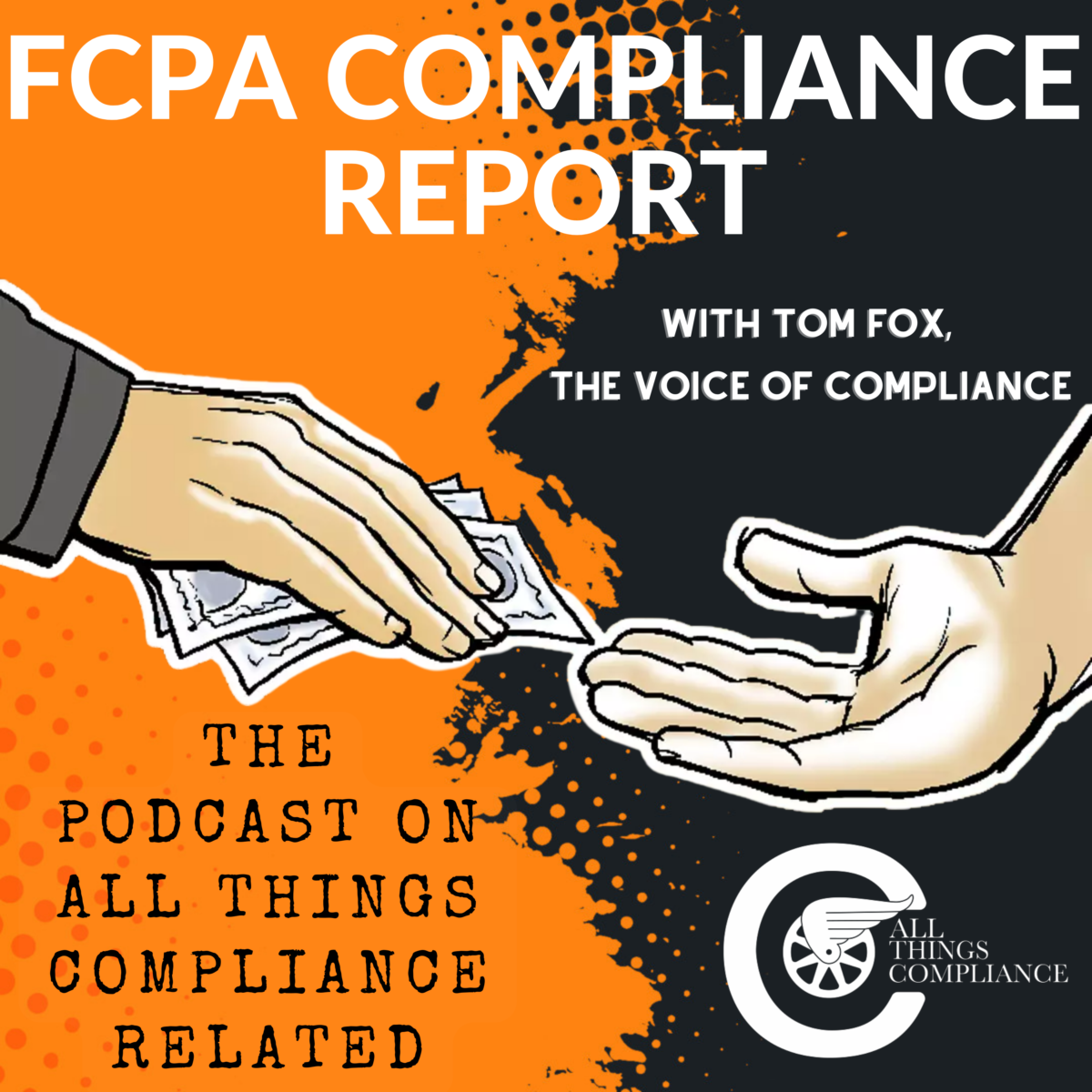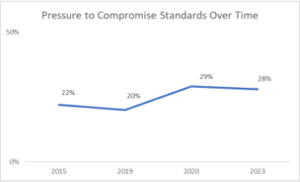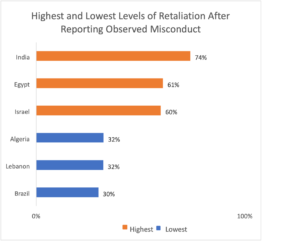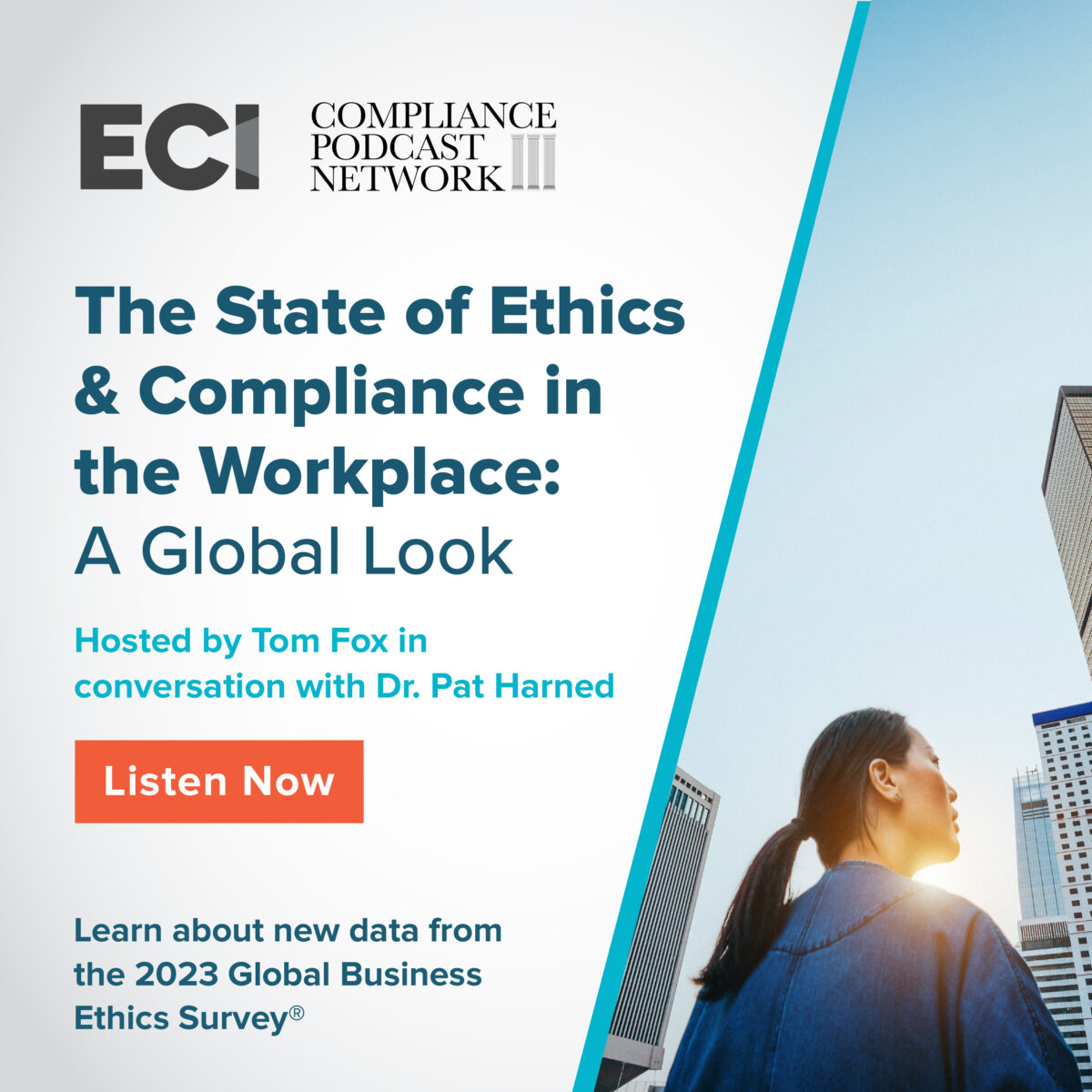We sadly had two more examples of how companies are fighting transparency and the light of day through actions taken against whistleblowers. With these two examples we see once again how businesses which say they have a speak up culture and an open-door policy in writing do not seem to follow these prescriptions in practice. One comes from the world of sports (NBA basketball) and the second involves Exxon Mobil Corporation (Exxon).
If you are any kind of pro basketball fan, you have heard about the ‘altercation’ between Golden State Warriors Draymond Green and Justin Poole. Following an initial report of an ‘altercation’ occurring during a practice this week, TMZ released a video of the incident. After some unknown verbal sparring, Poole pushes Green away from him. Green then winds up and coldcocks Poole, knocking him down. Green’s initial response was essentially, I am sorry you are sorry. After the video was released, Green fully apologized and announced he was taking some time off.
What was the Warriors response to all this? According to ESPN, the public airing of the video and ensuing transparency, “has impacted the way the team has been able to move forward from the altercation. “In 32 years, I’ve probably seen 20-plus fights. It should not make it out of our walls,” Kerr said. “When things are kept internally, it’s almost easy to handle,” he continued. “As soon as things are leaked, all hell breaks loose. That affects every single player, coach. … It’s like if you had a camera in your family and there was a family dispute. Would you really want to discuss it with the world? No.”” According to Fox Sports, “the Warriors are taking “every legal course of action” to discover how the video was released to the public.”
For those NBA fans who do not remember, Laker Kermit Washington severely injured Rocket Rudy in 1978 with a similar punch to the face. So, this is not a ‘boys will be boys’ or a hyper competitive player dancing on the edge issue, but a full personal safety at work issue. What do the Warriors want too about it? Apparently not much as Outkick.com wrote, “Warriors general manager Bob Myers discussed the situation on Thursday. He stated that Green’s punishment would be “dealt with internally,” with little expectation for the 10-year veteran to miss any games in the upcoming season as a result. “There’s nothing that warranted the situation yesterday. I want to make that clear. It’s also something we feel like won’t derail our season and that’s with Draymond a part of that,” Myers told reporters.”
In a case from the more traditional corporate world, involving Exxon. The Wall Street Journal (WSJ) reported, “The Labor Department said it found Exxon Mobil Corp. illegally fired two company scientists over suspicions they shared information with The Wall Street Journal about concerns the pair had earlier raised with the company. The department’s Occupational Safety and Health Administration on Friday said Exxon must reinstate the two employees and pay them more than $800,000 in back wages, interest and damages.” In other words, Exxon has been found to have fired two whistleblowers.
The WSJ further noted, “Citing current and former employees, the Journal reported in September 2020 that some staff assigned to the Permian, the most active U.S. oil field, thought Exxon had been overly optimistic about an earlier projection it could increase oil and gas production in the New Mexico and West Texas region to 1 million barrels of oil equivalent per day as early as 2024. The people told the Journal that Exxon had overestimated how quickly it could drill wells there, which they said led the company to overvalue the asset by billions of dollars. Exxon later fired two scientists. The Labor Department determined the firings were prompted by Exxon’s suspicions the pair had brought information to the Journal.”
“Exxon denied the allegations at the time and has repeatedly said it has met and exceeded its drilling targets.” The WSJ went on to note, “Exxon claimed it had fired one of the scientists for mishandling proprietary information and another for “a negative attitude,” job hunting and losing management’s confidence.” Exxon spokesman Casey Norton, as quoted in the WSJ, said, “The terminations in late 2020 were unrelated to the ill-founded concerns raised by the employees in 2019.” Exxon has said that it will appeal.
Interestingly, in 2021, the WSJ “reported the Securities and Exchange Commission launched an investigation following an employee’s whistleblower complaint alleging the company’s overvaluation of the Permian had misled investors. The agency earlier this year closed the investigation and said it would not recommend an enforcement action against Exxon.” Additionally, “A federal judge in Texas dismissed a lawsuit last week brought by Exxon shareholders alleging the company misled investors about the value of its Permian assets. The judge determined the plaintiffs had not shown enough evidence that Exxon executives deliberately defrauded investors. The judge said they can refile the complaint with additional evidence.”
It is not clear if there was new evidence brought forward in this OSHA case that was not available to the SEC or federal district court. Perhaps OSHA found Exxon’s version of events not plausible. Nevertheless, coupled with the Warriors response to the leaking of Green punching a teammate, it seems that corporate America will try to prevent transparency at all costs. Compliance professionals would do well to make sure their organizations not simply welcome whistleblowers but embrace them to prevent fraud, waste and abuse and illegal conduct from moving forward in their organization.














